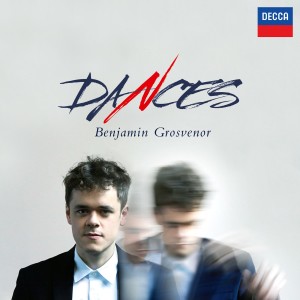Defying Gravity and friends
WAAPA Music Auditorium
reviewed by Neville Cohn
At what would certainly have been one of the year’s most fascinating offerings, percussion ensemble Defying Gravity together with traditional Indian dancers from the Temple of Fine Arts – as well as a small choir and a group of double bass players – drew a packed house. I cannot recall ever before seeing so many people on stage at this venue – and it was a little miracle of logistics that so many artists in this intriguing multi-ethnic extravaganza moved and danced about the stage without collision.
 There was much that was thoroughly worthwhile on offer here – and a fair amount that could fairly be described as memorable in the best sense.
There was much that was thoroughly worthwhile on offer here – and a fair amount that could fairly be described as memorable in the best sense.
One of the most intriguing offerings was a display of so-called vocal percussion, a fascinating presentation of rapidly stated syllables by a number of players in episodes of varying, intricate rhythms that I have not encountered before.
Aaron Logan launched the evening’s program, making a startling entrance from the rear of the auditorium, invoking the ‘gods of rhythm’ in a stentorian voice while vigorously thumping a West African djembe drum.
Joni Hogan, dressed rather like a typical child’s doll, added her voice persuasively to the evening’s proceedings. And Josh Hogan made a crucially important contribution to events on stage.
What made the program that more satisfying was the clear and unabashed enthusiasm of the players with Tim White an ebullient master of ceremonies as well as contributing his percussive skills to the proceedings.
Whether rapping out a percussive storm while positioned in a circle within which was placed a battery of percussion instruments – or helping carry off and carry on any numbers of props – everyone on stage seemed to be relishing every moment of the event – and this communicated itself to the capacity audience.
As climaxes go, the world premiere of the 2014 version of Abuti would take a lot of beating as the Indian dancers, clothed in red and white, double bass players, a small choir and, of course, Defying Gravity, mallets at the ready, combined their very different skills in a sensational, 40-minute climax of sound, movement and visual dazzlement.
It was good to see that this exceptionally engrossing multimedia offering was being filmed. I hope that through this, this remarkable entertainment reaches a very large audience; it most certainly deserves to.
It says much for the efficacy of the sound-absorbing wall panels that the often very emphatic percussive assault was able to be heard without damage to ear drums.



